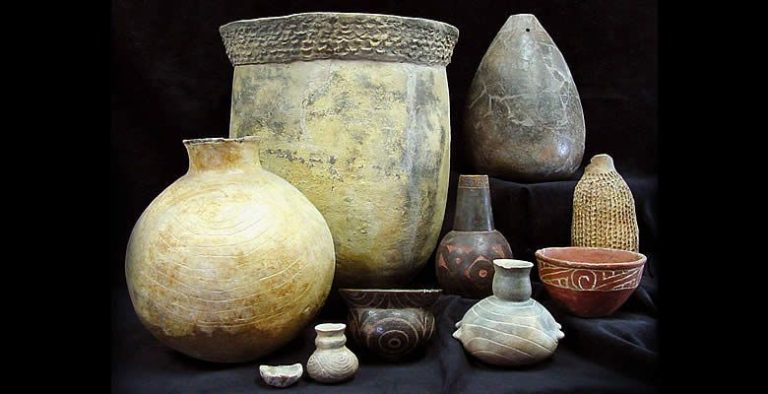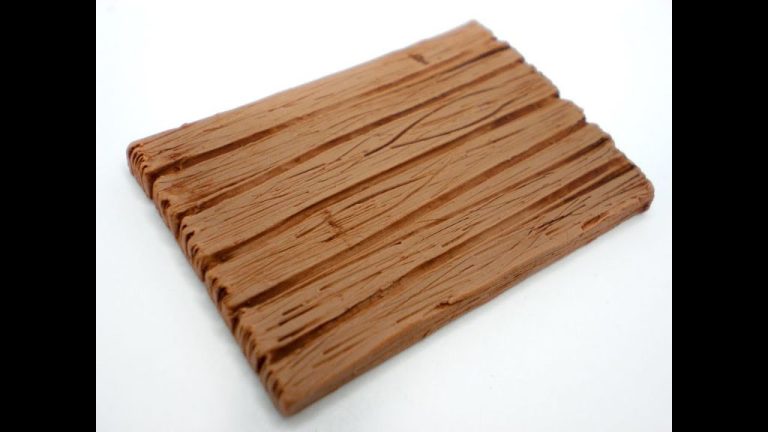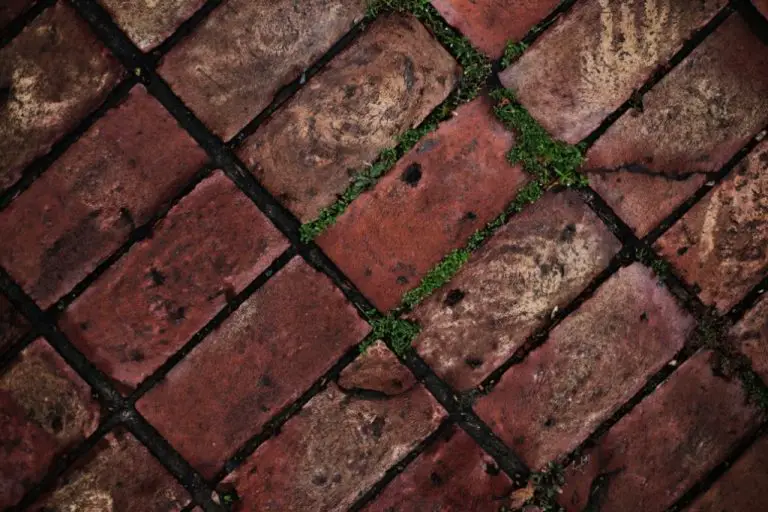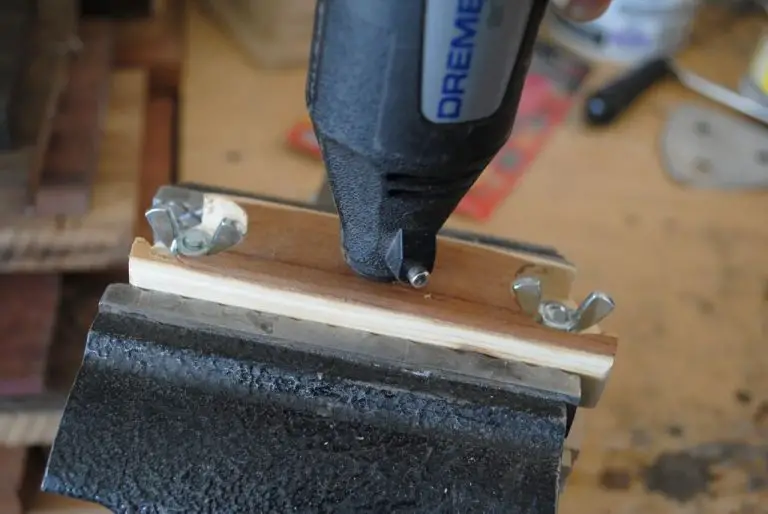What Are The Safest Coffee Mugs To Buy?
Coffee mugs can contain harmful chemicals like lead that can leach into hot liquids. Lead exposure is a health concern, especially for pregnant women and children. Ceramic glazes may also contain chemicals that could leach into drinks. Any mug can potentially break or shatter, especially when exposed to extreme hot and cold temperatures. Proper handling and care is important to prevent injuries from broken mugs.
When choosing a coffee mug, it’s important to consider the materials, construction, and safety features. The safest coffee mugs will be free of lead and other concerning chemicals in the glazes and coatings. They should be made of durable materials that can withstand daily use and temperature changes. Insulated and microwavable mugs add convenience while minimizing risks of burns or breaks. This guide will cover the key factors to evaluate when shopping for the safest coffee mug options.
Lead Content
Lead is a heavy metal that can be toxic if consumed, especially for children and pregnant women (https://www.simplyrecipes.com/worried-about-lead-on-your-old-mugs-7369868). The U.S. Environmental Protection Agency (EPA) reports that lead exposure can cause damage to the brain and nervous system, slowed growth and development, learning and behavior problems, and hearing and speech problems in children.
Coffee is acidic and can leach lead out of ceramics over time, especially from mugs with higher lead content (https://tamararubin.com/2019/12/which-ceramic-coffee-mugs-are-lead-free/). The FDA limit for lead in ceramic tableware is 0.5 micrograms per mL, but some vintage or handmade mugs can contain higher levels. It’s best to choose mugs labeled “lead-free” and avoid mugs of unknown origin or lead content, especially for daily use.
Chemicals of Concern
Certain chemicals used in the production of coffee mugs can leach into hot liquids, potentially posing health risks. Two key chemicals to be aware of are bisphenol A (BPA) and phthalates.
BPA is an industrial chemical found in some plastic containers and in the linings of metal food cans. Studies have shown that BPA can seep into food or beverages from containers made with BPA. Exposure to BPA has been associated with hormone disruption and other health effects (Source).
Phthalates are chemicals used to make plastics more flexible. They are sometimes added to PVC plastic to soften products like plastic cups and containers. Research has connected high exposure to phthalates with reproductive issues, learning disabilities, asthma, and allergies, especially in children (Source).
When shopping for coffee mugs, look for options that are BPA-free and phthalate-free to limit exposure to these concerning chemicals.
Materials
When choosing the safest coffee mug material, there are a few options to consider:
Ceramic mugs are popular but can contain lead and cadmium if not properly regulated during manufacturing. According to https://tamararubin.com/2019/12/which-ceramic-coffee-mugs-are-lead-free/, as long as ceramic mugs do not leach lead when new, they are considered safe to use. Look for ceramic mugs marked “lead-free” or from reputable brands that regulate against heavy metal contamination.
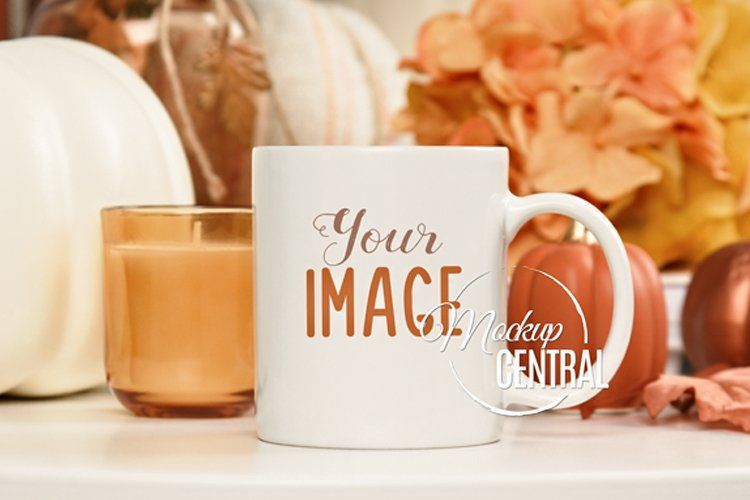
Glass mugs are lead-free and do not leach chemicals, making them a safe choice. They can break easily though. Opt for borosilicate glass, which is more durable.
Stainless steel mugs are very durable and do not contain lead or cadmium. High quality food-grade stainless steel is safe for hot and cold drinks. It’s not microwave safe though and can get very hot on the outside.
Silicone mugs and sleeves are safe and often used as covers for ceramic or glass to provide insulation. Look for food-grade silicone.
In general, opt for mugs that are lead-free, cadmium-free, BPA-free, and made from high quality food-grade materials like glass, ceramic, or stainless steel.
Microwavable
When choosing a microwave-safe mug, it’s important to consider the material. Certain materials like plastic and paper can contain chemicals that leach into hot liquids when microwaved. Ceramic mugs are generally safe to microwave according to the FDA, but may get extremely hot. Handpainted ceramic mugs can potentially release lead and cadmium when heated. Metal mugs should never be microwaved. For the safest option, choose microwave-safe glass or porcelain mugs.
According to Reddit discussions, it’s safest to microwave any mug with water before heating a beverage to prevent uneven heating that could crack it. Allow the mug to sit for 30 seconds before handling to prevent burns.
The FDA advises against microwaving foam cups, mugs with metallic paint or flakes, and old, chipped ceramic mugs. Always check that a mug is labeled microwave-safe before heating.
Insulated
Insulated coffee mugs have become very popular in recent years. The main benefit of an insulated mug is that it keeps your coffee hotter for longer. The best insulated mugs can keep coffee hot for up to 8 hours (https://sprudge.com/the-truth-about-travel-coffee-mugs-197148.html). This allows you to brew your coffee at home and take it with you for your commute or throughout your day. An insulated mug with a tight fitting lid also helps prevent spills.
When choosing an insulated mug, look for one made from food-grade stainless steel. Avoid mugs containing chemicals like BPA found in some plastics (https://www.waterbottle.tech/how-to-choose-insulated-coffee-cups-mugs-ultimate-guide/). Stainless steel insulated mugs are also more durable for daily use.
One risk with stainless steel mugs is that some lower quality ones can impart a metallic taste to your coffee after extended contact. Higher quality mugs have resolved this issue. You may want to handwash stainless steel mugs instead of putting them in the dishwasher to preserve the vacuum insulation. Overall, a good stainless steel insulated mug is safe, durable, and keeps your coffee hot for hours.
Easy to Clean
It’s important to choose coffee mugs that are easy to clean thoroughly by hand. While dishwasher safe mugs are convenient, handwashing allows you to inspect the mug and ensure no coffee oils or residue are left behind, which can lead to mold growth over time. Focus on cleaning hard-to-reach areas like under the lid and along the bottom rim of the mug.
Look for mugs and lids that are smooth and don’t have a textured surface, small crevices, or rubber gaskets, which can trap residue. Simple, smooth designs with few parts are best for easy, effective cleaning. Avoid mugs with sliding lids that require frequent cleaning of the mechanism. Prioritize handwashable mugs to limit the buildup of oils and avoid the high heat of dishwashers which can deteriorate plastic over time.
Made in USA
When looking for a high quality and safe coffee mug, choosing one that is made in the USA is an excellent option. American-made mugs are held to strict manufacturing standards and regulations that ensure safety and durability.
According to the Coffee Mugs – Made In USA, products made in America are subject to the consumer protection, environmental, and labor laws of the United States. This means the materials and production processes have been screened for toxic chemicals and environmentally-harmful practices.
US manufacturing regulations also set standards for product quality and durability. Pieces that are crafted domestically often carry lengthy warranties backing their construction. For example, American Classic Mug – Bennington Potters offers a 100 year warranty on their handmade pottery.
Opting for an American-crafted mug supports local jobs and the national economy. Each purchase helps sustain the Livelihoods of potters, ceramic artists, and workers involved in US manufacturing. This has become especially important given global supply chain issues over recent years.
With stringent standards and quality assurance, made in the USA coffee mugs provide safe, sustainable, and classic drinking vessels for daily use.
Brands to Buy
When looking for the safest coffee mug brands, here are some top recommendations:
Yeti – Known for their durable, insulated products, Yeti makes stainless steel mugs that are free of BPA, phthalates, and lead. They have mugs in various sizes with lids that seal tightly to prevent leaks and spills. Prices range from $25-$50. https://www.wsj.com/buyside/home/best-travel-coffee-mugs-9fc0eab0
Hydro Flask – Specializing in vacuum insulated bottles and mugs, Hydro Flask uses pro-grade stainless steel that is BPA-free. Their mugs keep drinks hot for hours and come with leak-proof lids. Prices are $25-$50.
Contigo – Known for their travel mugs, Contigo’s Autoseal technology provides a leak and spill proof seal. Their mugs are made from stainless steel and are BPA-free. Prices range from $15-$40.
Zojirushi – This Japanese brand makes vacuum insulated mugs and bottles from stainless steel that keep drinks hot for 6+ hours. Their mugs are durable, BPA-free, and range from $25-$50.
Ello – Using food-grade materials like glass, stainless steel, and bamboo, Ello mugs are free of BPA, phthalates, and other chemicals. They make leak-proof lids and their mugs cost $10-$30.
Conclusion
When searching for the safest coffee mug to buy, there are a few key factors to keep in mind. Focus on finding a mug made from materials like glass, stainless steel, or ceramic instead of plastic. Look for mugs that are free of harmful chemicals like BPA, phthalates, lead, and cadmium. Consider a mug that is insulated to keep your coffee hot and microwavable if you plan to reheat drinks. An easy-to-clean mug is also ideal. Made in the USA products follow stricter manufacturing guidelines. Top brands for safe coffee mugs include Ello, KeepCup, Klean Kanteen, Yeti, and Hydro Flask. By carefully evaluating materials, insulation, microwavability, ease of cleaning, and manufacturing origin, you can find the perfect safe coffee mug for your needs. The safest mug will be free of worrisome chemicals, keep drinks hot, stand up to the microwave, clean up easily, and give you peace of mind.

